![]()
Death penalty must be reduced
Iran ranked second after China for executions in 2015, and, by considering these numbers in proportion to the number of populations in both countries, Iran stands first in the world in this regard. Despite Rouhani’s remarks about observing human rights in Iran, we have witnessed an increase in executions in his last three years of presidency.
It is proved that death penalty cannot be a preemptive measure in many cases in the long run. For example, in many cases, forensic DNA testing proved the innocence of those charged with murder or rape, but death sentences had already been carried out. On the other hand, issuing death sentences for drug users and minor drug dealers is not acceptable, because they are afflicted with social problems such as poverty, illiteracy, lack of education, and many other issues. Giving death sentences to these people will not help in resolving these social issues, while alternative punishments for them will surely be more appropriate and efficient. As for major drug dealers, long imprisonment with confiscation of funds seems to work better than execution.
Editorial in Etimad Newspaper Nov. 29th, 2016
Need for development in Iranian economic diplomacy
East Asian countries are seeking to seize the opportunity to sign economic agreements with Iran, as well as take advantage of Iran’s capabilities in transit trade. Iranian Foreign Minister Zarif’s visit to India, China and Japan came as Iranian leadership’s reaction to the extension of U.S. sanctions against Iran. Zarif’s visit began in India, where the focus was on India’s role in Iran’s energy sector as the first importer of Iranian oil.
China is the first economic partner of Iran in exports and imports, with veto right in UN Security Council– which is often used to support Iran. Even though the Iranian trade volume with China declined after an increase in cooperation between Iran and European countries, this country is still Iran’s first partner.
Japan is the eighth importer from Iran but does not export much to this country, perhaps because of the high price of Japanese goods. Nonetheless, Japan’s enormous international influence attracts Iran to increase the volume of its cooperation with this country.
Editorial in Jahan Sanaat Newspaper Dec. 4th, 2016
Extending sanctions, violation of obligations, threat to international peace and security
After the US House of Representatives’ voting for and the Senate’s approval of the U.S. extension of Iran Sanctions Act (ISA) for another ten years, some analysts believe that the nuclear deal only lifts sanctions imposed on Iran over its nuclear program. And meanwhile, other sanctions related to Iranian missile program, support for terrorism, or Iran’s intervention in territorial disputes will remain in place, as there have been no negotiations for lifting them. The re-imposition of sanctions on Iran by the United States will increase tension and violence in the world, which is contrary to the UN resolutions and rules for global security and peace. Some Iranians are afraid of returning to pre-nuclear deal conditions, with economic sanctions re-imposed, and perhaps even fear of an imminent military attack. With skepticism over European countries’ ability to abide by agreements signed with Iran after the nuclear deal, Iran’s high trust is invested in China, Russia, and India– due to their long history of cooperation with Iran under sanctions.
Editorial in Mardomsalari Newspaper Dec. 5th, 2016
![]()
♦ Geographic Border Means Nothing for Basij
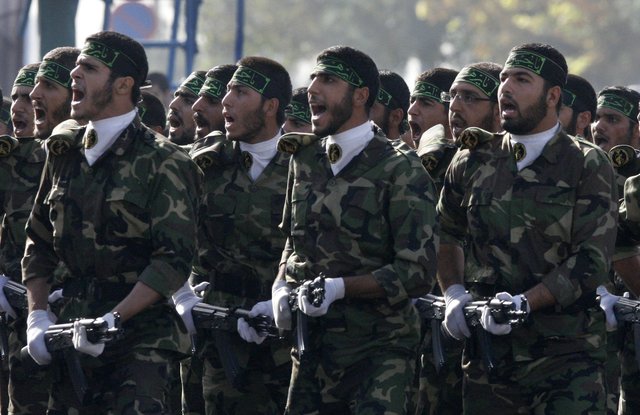
Deputy Commander of IRGC, Brigadier General Hossein Salami emphasized in a state-run TV program that “Basij is the symbol of the globalization of Islamic creed and geographical borders have no meaning in this thought,” according to Jam-e-jam online. Salami also said that there was no difference between Revolutionary Guards and Basij militiamen, pointing to Hezbollah’s forces in Lebanon, so-called “Resistance” in Syria and Iraq and other places of the world.
Jam-e-Jam Newspaper
♦ 21 years of prison for Ahmed Montazeri
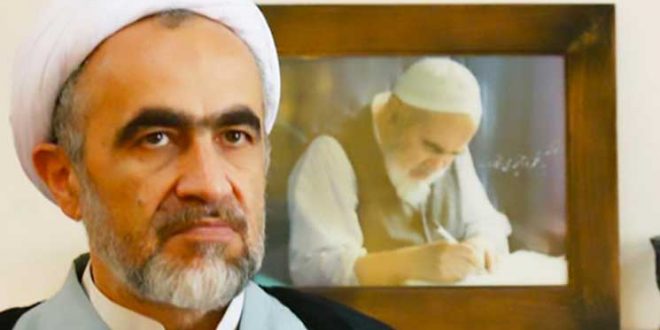
Ahmad Montazeri, son of late Ayatollah Hossein Ali Montazeri, has been defrocked and sentenced to 21 years in jail by Special Clerical Court for publishing an audio file about his father. Although the sentence has been mitigated to 6-year-imprisonment due to his being “a martyr’s brother.”
Radio Zamaneh
♦ Eje’i: “Iranian National Security Council” Has Banned Interviews with Foreign Media
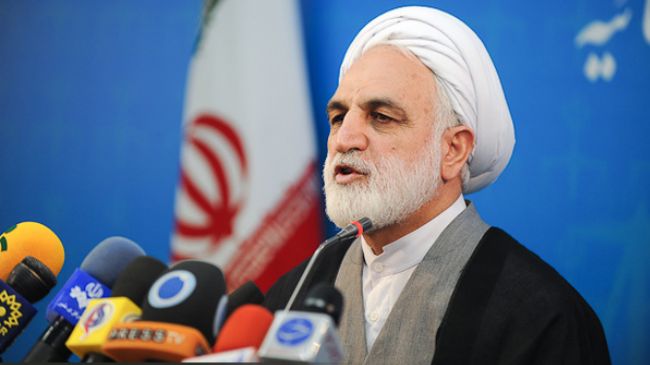
Iran’s First Deputy of Chief of Justice, Gholam-Hossein Eje’i, threatened that as Iranian National Security Council has banned doing interviewing with Farsi-speaking network based in foreign countries, those giving interviews to these networks will be prosecuted. According to IRIB News Agency, Eje’i was commenting on some Iranian MPs giving interviews to satellite network “Manoto” that the National Security Council” approved the decision of banning interviews with counter-revolution channels and who do so will be persecuted.
Radio Farda
♦ More than 22 Tons of Drugs in Isfahan
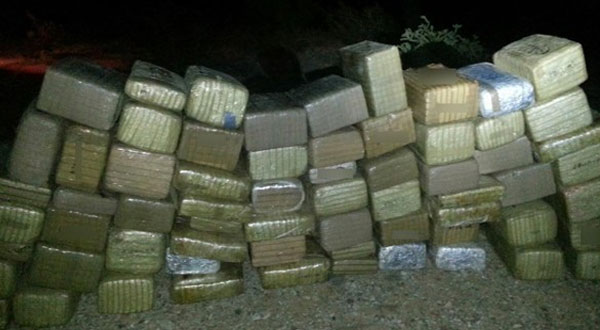
Social Deputy of Isfahan Province Police, Jahangir Karimi, announced that, in the past eight months, there were 22,550 kilograms of various kinds of drugs were discovered and confiscated on the roads of this province, according to Fars News Agency. He added that 22 smuggling gangs and networks were also dismantled, which shows a 16% increase compared to the same period last year.
Fars News Agency
♦ 70 Iranian reformist MPs joined Fundamentalist Current
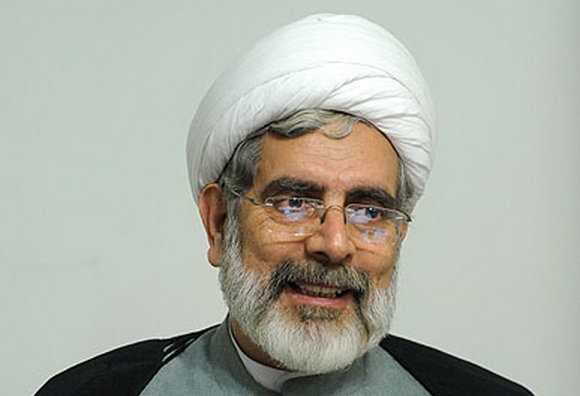
Reformist political activist, Mohsen Rohami, told Arman News that 70 candidates from “Omid” joined the Fundamentalist Current as soon as they were elected and entered the parliament. This political activist also warned that if “Omid” failed to meet people’s expectations, people would lose their trust in reformists’ performance.
Vatan Emrouz Newspaper
♦ Air pollution continues in Tehran
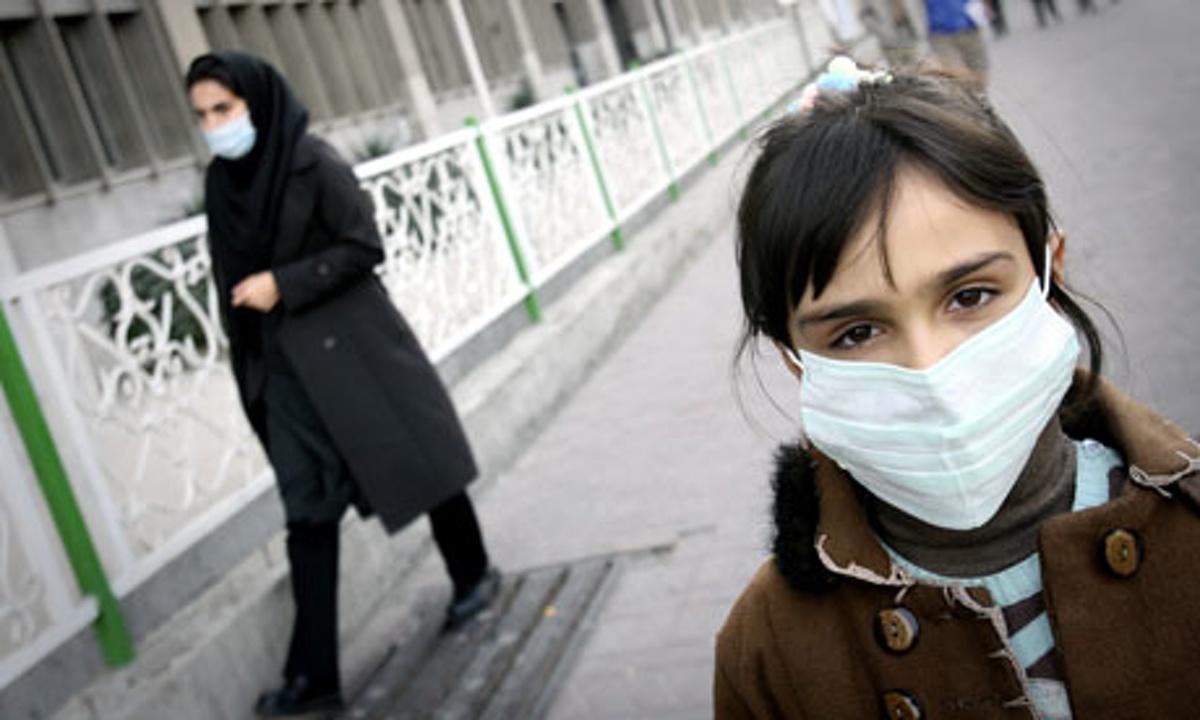
The deputy head of Iran’s Environmental Protection Organization for Monitoring and Supervision announced that Tehran’s air pollution continues. Based on the information from Tehran’s air pollution monitoring stations, Mohammad Rastegari told ISNA that the air quality index in Tehran was 121 yesterday, and 136 in the last 24 hours, hence unhealthy for sensitive groups.
ISNA News Agency
♦ Phone conversation between Rouhani and Putin

Hassan Rouhani and Vladimir Putin, Iranian and Russian presidents discussed significant bilateral, regional and international issues in a phone conversation. President Rouhani embraced that collaboration between the two countries, saying, “Tehran-Moscow co-operations are going on the right path.”
Jam-e-jam Online
♦ “National Security” warns the United States of operating 190 thousand SWUs

Chairman of National Security Committee and Foreign Policy of parliament, Aladdin Boroujerdi, told IRIB News that “If the United States extends the sanctions and thus violated JCPOA, we will increase production and enrichment of uranium in 190 thousand SWUs.” He said this retaliatory measure would be within the framework of legislation and ratification by the parliament. He added, “America is one of the negotiators and signers of JCPOA and Europeans are against violating the JCPOA.” He stressed, “In the Parliament, we believe that extending sanctions by the U.S. means a violation of the JCPOA.” He also said that the United States should bear the responsibility of what will happen.
IRIB News Agency
♦ Russian fighter jets can fly from Iran
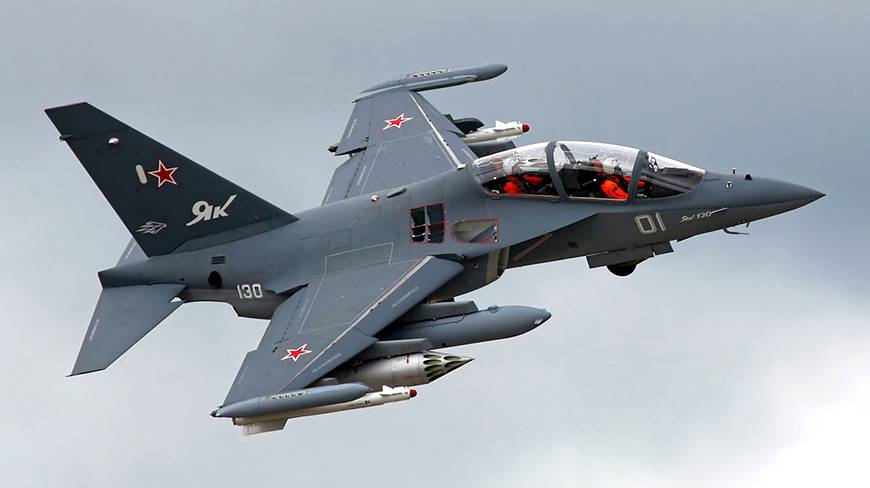
Foreign Minister Advisor, Hossein Sheikholislam stated that Russian presence in an Air Base in Hamedan is with Iran’s supervision, and if necessary, Russian fighter jets can fly from Iran, with a bi-lateral agreement between the two countries. Russia had previously used the Iranian air base “Nojeh” to strike targets Syria in August this year. Iranian Defense Minister, Hussein Dahghan said earlier this week that if necessary, Russians would be permitted to use this airbase again.
Alef Website
♦ Shamkhani warns the U.S. if the JCPOA violated
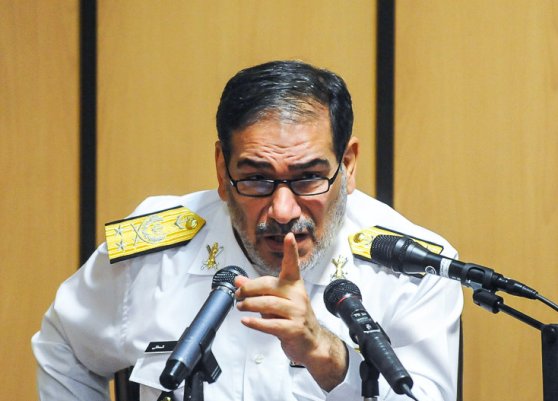
Secretary of Supreme National Security Council of Iran, Ali Shamkhani, mentioned that Western countries and Americans have failed to fulfill some of their commitments regarding JCPOA, and if this continues, Iran’s planned strategies might be implemented. Shamkhani continued, “If Western countries do not keep their commitments and ended the nuclear deal, we have different options. But we are not worried because our maneuvering power is certainly a preemptive measure against them.” Referring to Donald Trump’s and his advisors’ statement about renegotiating JCPOA with Iran, Secretary of Supreme National Security Council commented, “I believe Trump’s oil policy will have more impacts, than the issue of JCPOA. His policy of no restrictions on producing and exporting oil in the U.S. can disrupt current oil market.”
Alef Website
♦ Iranian MP: Government left the benefiting from the people’s pockets
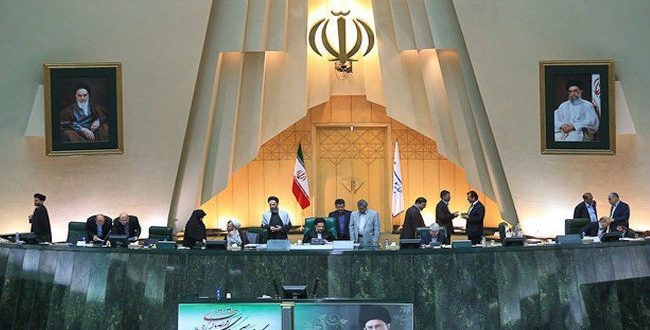
Member of the Iranian Parliament’s Commission of Budget and Planning, Hossein Ali Deligani, said in an interview with hard-line Tasnim news agency that the government could not separate dollar’s destiny from oil export, because of which dollar price has become unstable, because the government did not fulfill its economic commitments and did not seek yet. Deligani also stated that if the government did so, the production level will better and economy in general, as well as halting the benefiting of the people’s pockets.
Tasnim News Agency
♦ Sharif: Iran has unemployment, poverty, and corruption
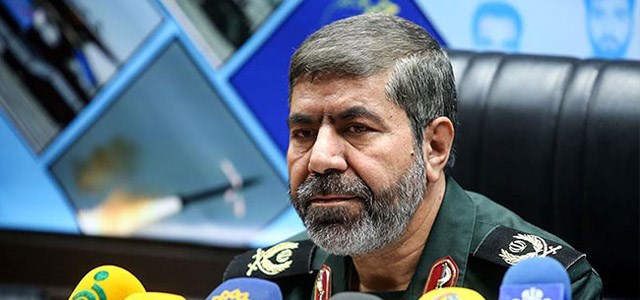
Head of IRGC public relation, Brigadier General Ramadan Sharif, said that despite the considerable progress in defense and military industries in Iran, it is regrettable that problems such as unemployment, lack of opportunity for youth to marry, poverty, discrimination, and corruption exist in the country. Political analysts also believe that there is a battle for control of economy between Iran’s government and Revolutionary Guards, with IRGC looking for a more active role in politics as well.
Jam-e-jam Online
♦ Iran oil production, 3 million and 975 thousand barrels per day
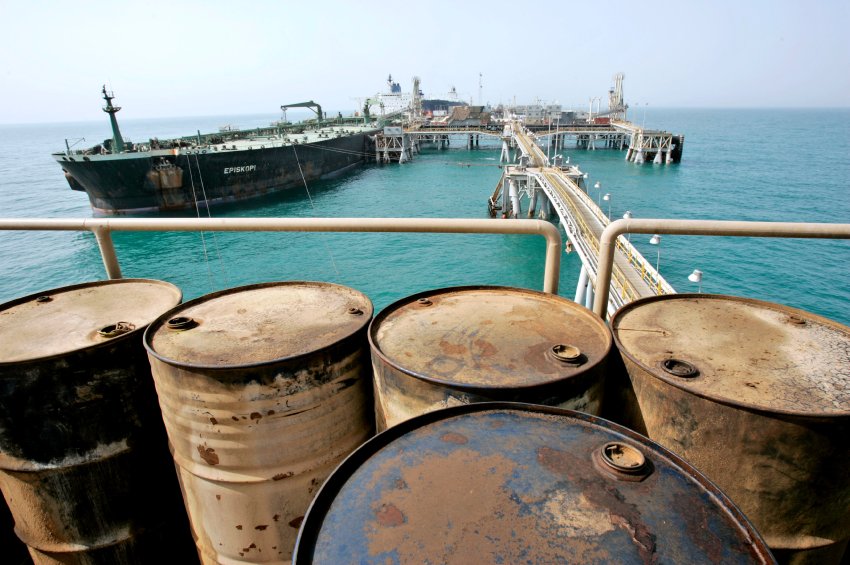
Member of the Iranian Parliament Energy Commission, Behrooz Nemati, told Fars news that despite 1.2 million barrels decrease in OPEC overall oil production, Iran’s share increased, reaching 3 million and 975 thousand barrels per day. MP Nemati, who had accompanied the Iranian delegation to Vienna, added, “In OPEC’s session, Iran’s share in oil production returned to the same level as before sanctions [were imposed on Iran].” Emphasizing that Iran reached its goal in oil production.
Fares News
♦ Iran upholds death sentence for Babak Zanjani
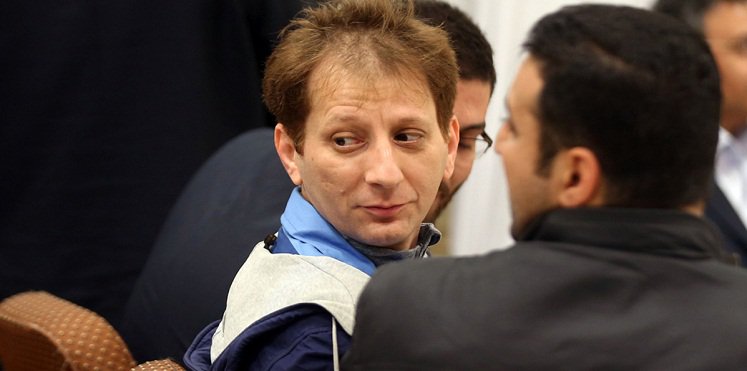
A senior official of Iran’s Supreme Court has said that death penalty for Babak Zanjani has been confirmed. Judiciary deputy head, Gholamreza Ansari, added that sentence for Zanjani had been abolished. Zanjani’s main charge is selling more than $2 billion of oil without returning its revenue to the government during sanctions against Iran over its nuclear program. Last week it was said that court had overturned Zanjani’s death sentence.
The Court gave Zanjani time to repay what he owed the government, but his lawyers found it impossible due to sanctions. Zanjani had criticized judicial and oil authorities several times, saying he was a victim of “Fazel Larijani’s retaliation.” Fazel Larijani is the brother of Iran’s Judiciary Chief (Sadegh Larijani) and Parliament Speaker (Ali Larijani).\
BBC Persian
♦ Triple-emergency plan to resume the nuclear program
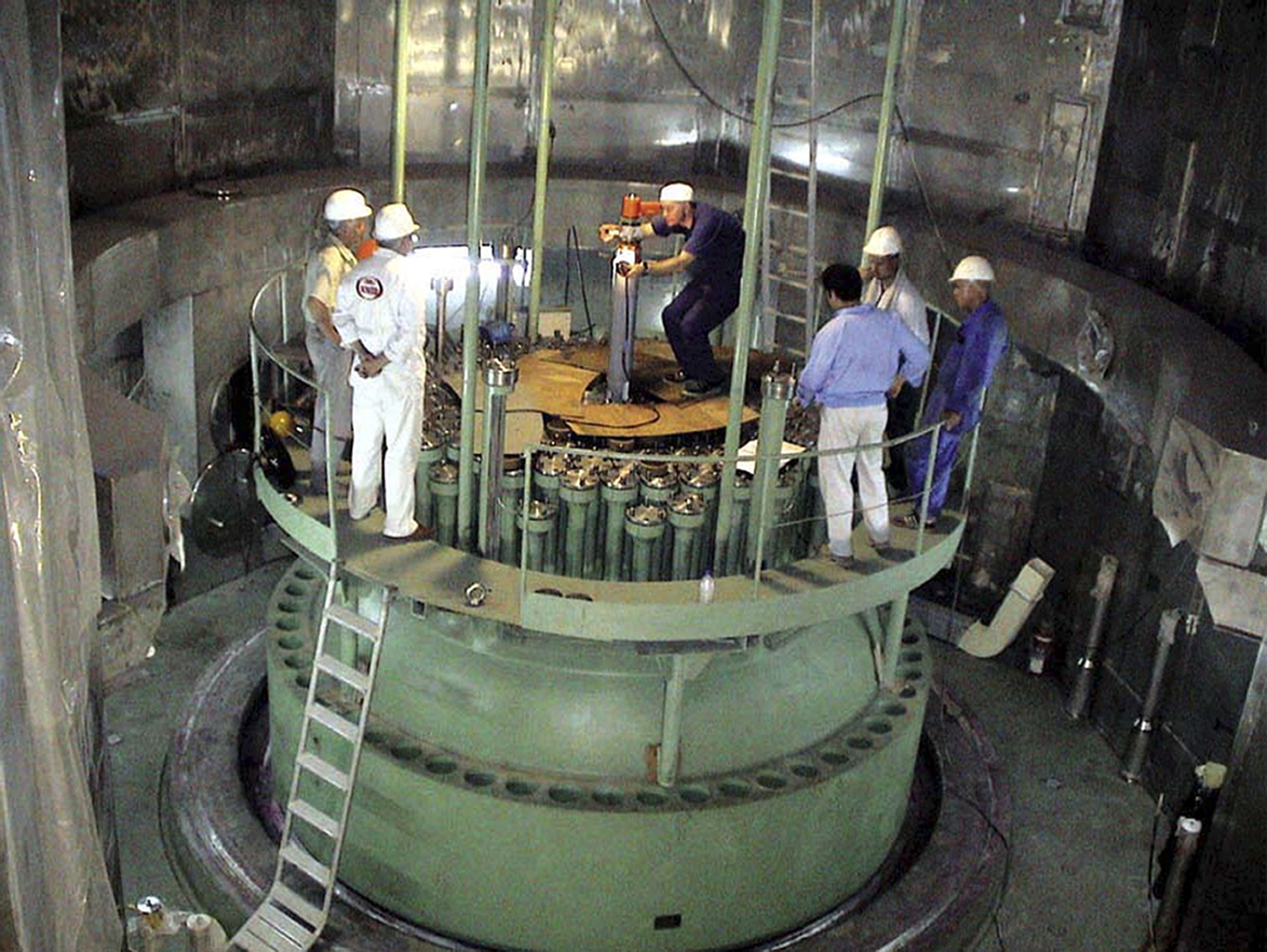
Some parliament members are developing a triple emergency plan to restart all nuclear activities in Iran. According to Fars News Agency, this program is supposed to be formed in one article and five clauses and aims at confronting the U.S. Senate ratified bill.
Tabnak Website
♦ Establishment of two centers for female addicts in Tehran
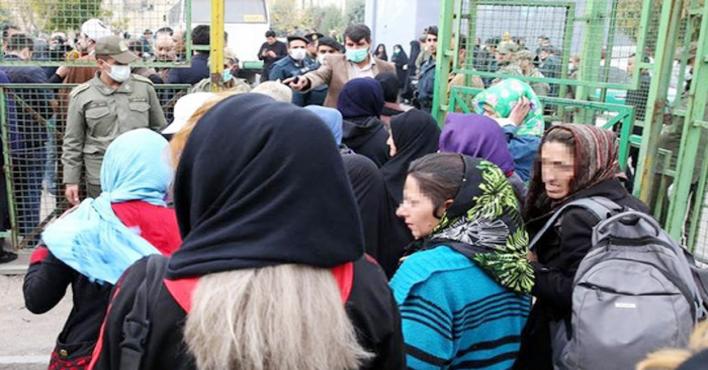
Deputy secretary general of Iran’s Anti-Narcotics Headquarters, Ali Moayedi, announced the creation of drug rehab centers for notorious female drug addicts in Tehran, saying, “Two centers with 400 people capacity will be soon established for women with well-known drug addiction in Tehran.” Moayedi added that 2,300 NGOs are currently active in combatting narcotics.
Iran Daily
